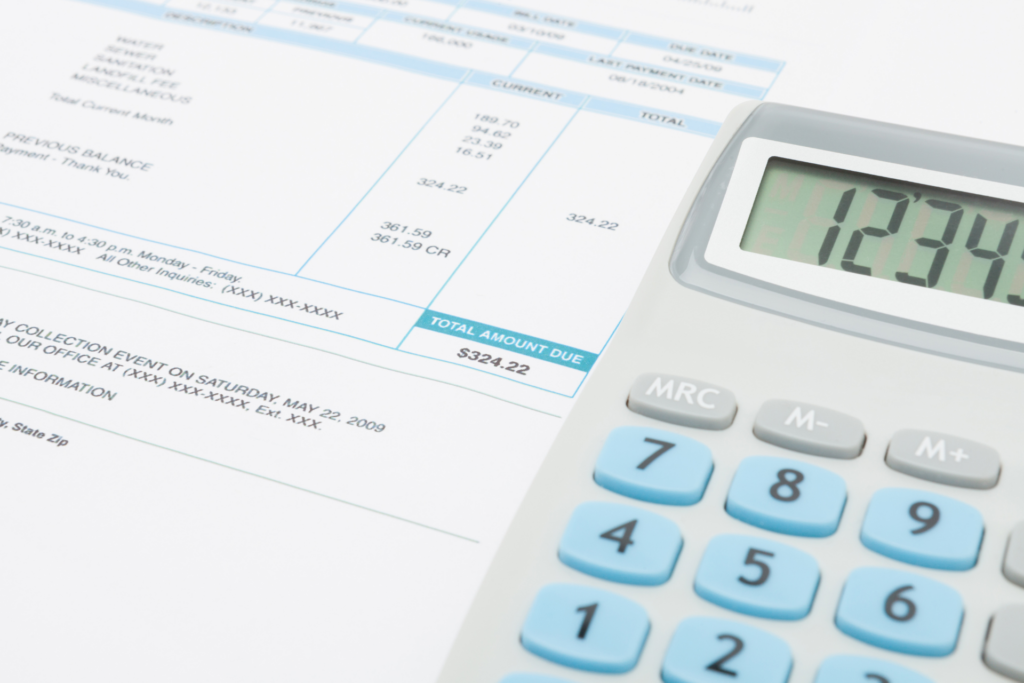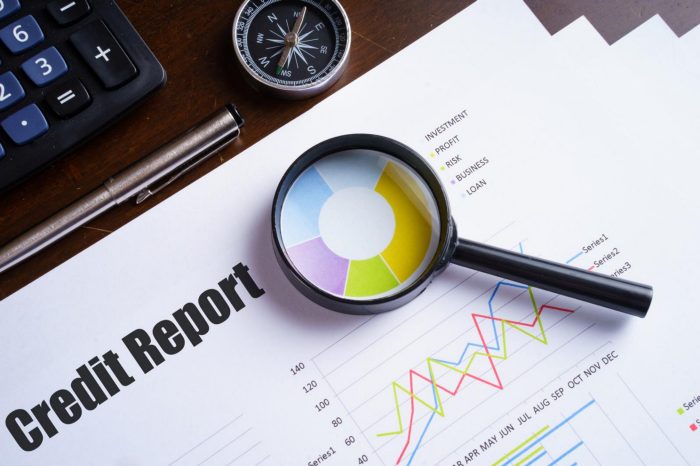Table of Contents
Did you know that buying a new home, while an amazing achievement, is usually not the final step of your homeownership journey? Even though you signed all the documents at closing and agreed to pay a certain amount every month, there’s still ways to take advantage of your current mortgage, such as refinancing.
What is a Mortgage Refinance?
A mortgage refinance refers to the process of replacing your existing mortgage with a new one. Many homeowners refinance as a smart financial move, offering you the chance to lower your monthly payments, secure a better interest rate, or access your home equity for other expenses.
While refinancing a mortgage seems like an obvious choice for homeowners, it does come at a cost. The question is, will the cost of refinancing benefit you in the long run or put your finances at a disadvantage? Let’s find out if refinancing a mortgage makes sense for you.

When Should You Refinance a Mortgage?
A popular myth around refinancing a mortgage is that you can do so at any time, even right after you just closed. Contrary to belief, most lenders have a waiting period after closing before allowing you to refinance, which is usually 6-12 months. When that waiting period passes, however, should you just refinance right away?
The short answer is no. Though you can refinance at any time after the waiting period, you should only do so in certain circumstances that benefit you, such as when:
- Rates have dropped and you want to lower your interest rate. Did you buy a house when rates were high? If so, keep an eye on market rates. If mortgage rates have dropped 1-2% below your current interest rate and it’s been more than 6 months since closing, refinancing may save you thousands on your mortgage and monthly payment.
- You want to change your loan terms. If your current monthly payment is straining your wallet or you want to pay off your mortgage faster, refinancing can reset your loan term or even allow you to switch from an adjustable-rate to fixed-rate mortgage.
- You need immediate cash for important expenses. Unexpected things come up, so if you have equity in your home, you can refinance to get cash and put it toward other expenses, such as home improvements or paying off other debt.
Finding yourself in one of these situations puts you in a good position to refinance your current mortgage and enjoy the several benefits it provides! You should always consult with a loan officer to help guide you through this consideration. Our goal as your trusted mortgage advisor is to help you make the right choice, even if it might mean not refinancing yet.

Types of Mortgage Refinancing
There are two main types of mortgage refinancing, and the one you choose depends on your financial goals. If you want to change your term and/or interest rate, then a standard rate-and-term refinance is the way to go. The other type, cash-out refinance, is exactly how it sounds. It allows you to take cash out of your home equity.
Rate-and-Term Refinance
A rate-and-term refinance is the replacement of an existing mortgage with another mortgage under different terms. With a rate-and-term, the size of the mortgage stays the same and you don’t receive any cash. However, lowering your interest rate when you refinance also lowers your monthly payment. You may not be getting instant cash, but you’ll feel the difference of savings every month!
Cash-Out Refinance
A cash-out refinance allows homeowners to access home equity by replacing their mortgage with a larger loan and receiving cash back. This is a good option if you’ve built enough equity in your home. In contrast to a rate-and-term, a cash-out will have higher financial risks since the closing costs will be higher and it reduces the total equity in the home.

Does it Cost to Refinance a Mortgage?
Yes, refinancing a mortgage still requires you to pay closing costs since you’re still replacing your current mortgage with another. However, the closing costs for a refinance are usually lower than a traditional purchase loan.
The average refinance cost is roughly about $3000-4000 on average. A closer estimate of your closing costs for a refinance depends on many factors, including the loan size property, state, and if an appraisal is required or not. If you decide to buy down the interest rate with discount points, that will also factor into the closing costs!
For example, a loan officer recently helped a client with a refinance in California, and without a required appraisal and excluding prepaid items, such as property taxes and insurance, the cost was just a little over $3000. Working with one of our loan officers will help you analyze a more realistic breakdown of the costs and whether the savings of a refinance benefit you in the long run.

How Does Refinancing a Mortgage Work?
Now that you know the basics of refinancing and how it can benefit you, what is the process like for a refinance? A mortgage refinance has some similar steps compared to a traditional mortgage, such as documentation requests for income and credit. However, Some refinance programs provide a streamlined loan process with minimal documentation requests, making it as stress free as possible for you! Our team will always review the refinance options available to you and walk you through the documentation requirements once we determine the best path forward.
As lenders, we are still required to work with a local title and escrow team on refinances, so we will include their fees in the loan costs. This is a similar process to purchase loans, but the costs will remain as minimal as possible. Title and escrow teams complete their own due diligence on all loans, and work with lenders to ensure closings are timely and accurate.
Overall, you may find the refinance process a lot easier to get through than a traditional purchase mortgage. Keep in mind there are different factors that can impact the timeline of a refinance you may find it’s a much less stressful experience where your lender remains the primary point of contact to walk you through the process.
Refinancing Can Help Your Financial Goals
Doesn’t it feel good to know that you still have benefits as a homeowner? Whether you want to lower your interest rate, change your term, or access your home equity, refinancing can be a great way to achieve your financial goals.
So, if you ever hear that rates are starting to drop or you’ve built enough equity in your home, don’t hesitate to reach out to one of our loan officers who are experts in refinances and in making sure that you make the best financial decisions possible. While you’re on the lookout for a rate cut, take some time to educate yourself on the different factors that determine mortgage interest rates.



